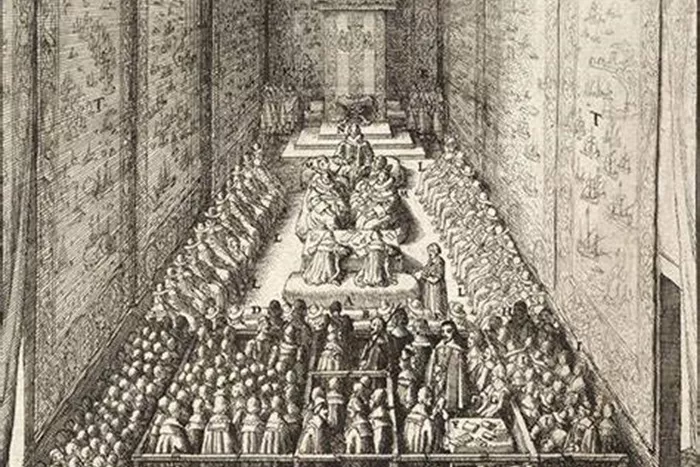January 10 has witnessed a variety of significant events throughout British history. This article will explore notable occurrences, from political changes to cultural milestones, providing a detailed account of each event.
What Happened on January 10 in British History?
The Execution of William Laud (1645)
On January 10, 1645, William Laud, the Archbishop of Canterbury, was executed at Tower Hill. His trial and subsequent execution were pivotal moments during the English Civil War. Laud was charged with high treason, accused of attempting to undermine the laws of England and promoting the Anglican Church over Parliament. His execution symbolized the tensions between the monarchy and Parliament, as he was seen as a staunch supporter of King Charles I and his policies that favored royal authority over parliamentary power. The aftermath of his death led to a significant vacuum in church leadership, with no new archbishop appointed until the Restoration of Charles II in 1660.
The Surrender of Dutch Settlers in Cape Town (1806)
Another significant event occurred on January 10, 1806, when Dutch settlers in Cape Town surrendered to British forces following the Battle of Bloubergstrand. This military engagement was part of the broader conflicts during the Napoleonic Wars. The British aimed to secure their trade routes and expand their colonial holdings. The surrender led to Cape Town being permanently ceded to Britain under the Anglo-Dutch Treaty of 1814, marking a critical expansion of British influence in southern Africa.
Introduction of Indian Tea to Britain (1839)
On January 10, 1839, Indian tea was auctioned in Britain for the first time. Prior to this event, tea in Britain was predominantly sourced from China and was extremely expensive. The introduction of Indian tea revolutionized the market; prices dropped significantly, making tea more accessible to the general public. This shift contributed to tea becoming a staple beverage in British culture, often referred to as “the national drink.” The popularity of Indian tea not only transformed consumption patterns but also had lasting economic implications for both India and Britain.
The Penny Post System (1840)
The introduction of the Penny Post on January 10, 1840, by Sir Rowland Hill marked a revolutionary change in mail delivery in Britain. For the first time, postage was charged at a standard rate rather than being paid by the recipient upon delivery. This system made sending letters more affordable and accessible. On its inaugural day, an impressive 112,000 letters were posted in London alone. The Penny Post system laid the groundwork for modern postal services and significantly improved communication across the nation.
The Approval of Women’s Suffrage (1918)
A landmark moment in British history occurred on January 10, 1918, when the House of Lords approved the Representation of the People Bill. This legislation granted women over the age of 30 the right to vote for the first time in Britain. This event was part of a broader movement advocating for women’s rights during and after World War I. The approval signified a monumental shift towards gender equality in political representation, although it would take another decade for full voting rights to be extended to all women aged 21 and over.
Opening of the London Underground (1863)
On January 10, 1863, the London Underground, known colloquially as “the Tube,” opened its doors to passengers for the first time. This marked a significant advancement in urban transportation and engineering as it became the world’s first underground railway system. The initial line ran between Paddington and Farringdon and was designed to alleviate congestion on London’s streets caused by horse-drawn carriages and pedestrians. The success of this venture paved the way for extensive expansion throughout London and influenced public transport systems worldwide.
Conclusion
January 10 has been a date marked by pivotal events that have shaped British history across various domains such as politics, culture, and technology. From significant political executions to transformative social reforms like women’s suffrage and innovations in transportation like the London Underground, each event reflects broader societal changes within Britain.This exploration highlights how historical events are interconnected and how they contribute to shaping modern society. Understanding these moments provides valuable insights into Britain’s rich historical tapestry and its evolution over centuries.
Related Topics:

